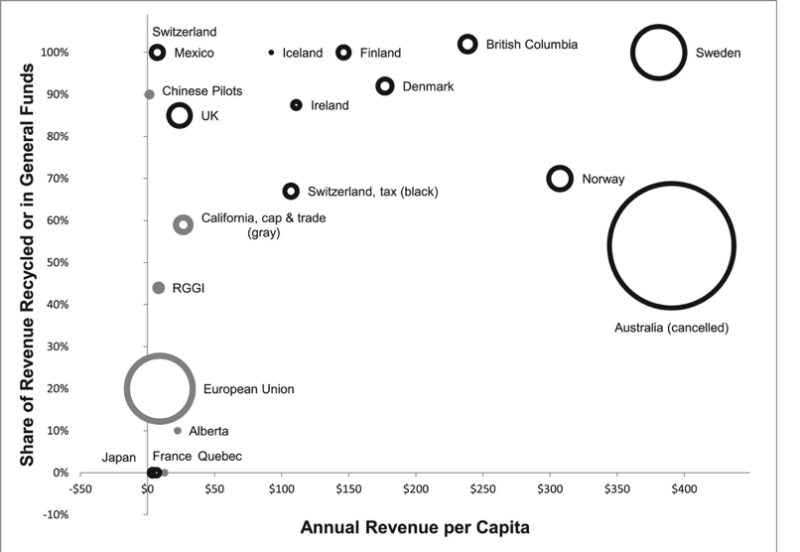
January 7, 2020 by NREL, via Energy Post Solar cells commonly used in spacecraft are highly efficient but too expensive to be used commercially down here on Earth. Two methods, HVPE (hydride vapour phase epitaxy) and the preferred MOVPE (metalorganic chemical vapour phase epitaxy), have been used to make these super-cells, reaching efficiencies of 29.1%. The National Renewable Energy Laboratory (NREL) says its scientists have discovered a method, D-HVPE, that should achieve those efficiencies much more cheaply.
[Read more...]





